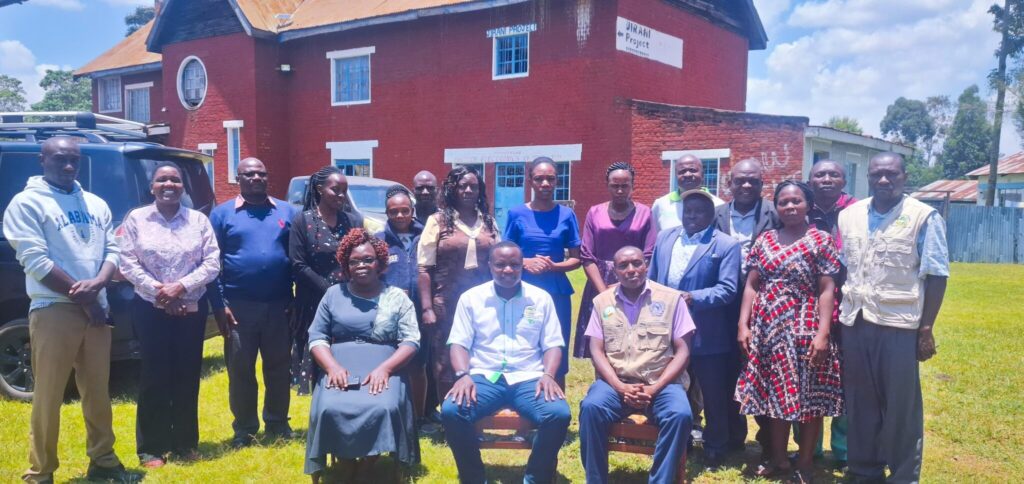Kakamega County has rolled out a six-year climate-smart agriculture project designed to transform local farming and strengthen value chains in poultry, African leafy vegetables, coffee, and fruit trees. The initiative is anchored on promoting sustainable food production, improving farmers’ resilience to climate change, and advancing the county’s food security agenda.
The project, supported through the Green Climate Fund under the Tunza framework, places strong emphasis on empowering communities to adopt climate-smart technologies and market-driven farming models. Agricultural officers from Likuyani, Lugari, and Malava sub-counties have already undergone sensitization workshops to prepare for full implementation.
Beginning next week, agricultural officers will mobilize farmer groups across 20 wards in 12 sub-counties to apply for Farmer Field Schools (FFS). These schools will serve as hands-on training centers where farmers can learn practical techniques to improve productivity, conserve natural resources, and adapt to shifting weather patterns.
A core feature of the project is strengthening farmer organizations to give local producers more collective bargaining power, better access to markets, and improved knowledge-sharing platforms. Women and youth are set to benefit significantly, with targeted interventions ensuring they have equal access to training, resources, and income-generating opportunities.
By focusing on poultry and African leafy vegetables, the project taps into fast-growing markets that can quickly boost household incomes and nutritional security. Coffee and fruit tree value chains, on the other hand, are expected to provide long-term sustainability through export opportunities and agroforestry practices that restore ecosystems.
The county leadership has expressed confidence that this project will accelerate rural transformation by integrating modern agricultural practices with community-based development models. With climate change threatening livelihoods, Kakamega’s approach seeks not only to increase food production but also to make farming systems more resilient and inclusive.
As the project unfolds, the commitment of field officers and farmer groups will be crucial. Their role in mobilizing communities, transferring knowledge, and implementing sustainable solutions will determine the success of the program. If fully embraced, the six-year climate-smart agriculture project could become a model for counties across Kenya looking to balance productivity, sustainability, and social inclusion.

